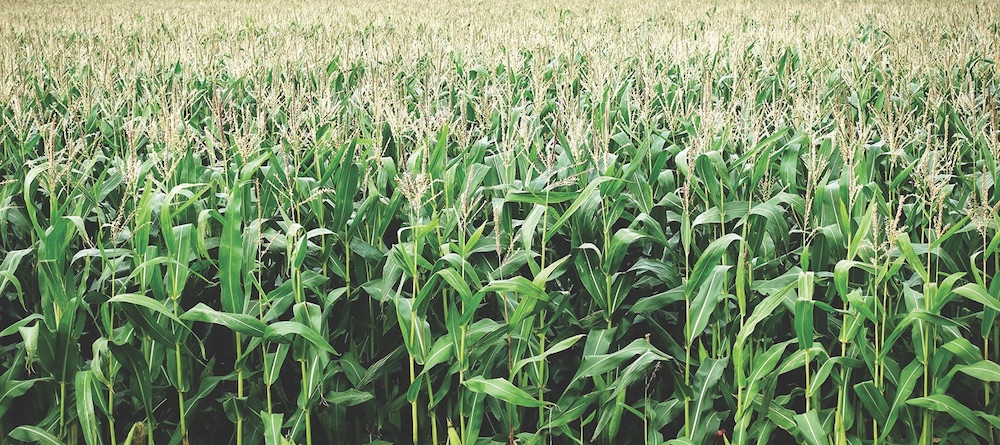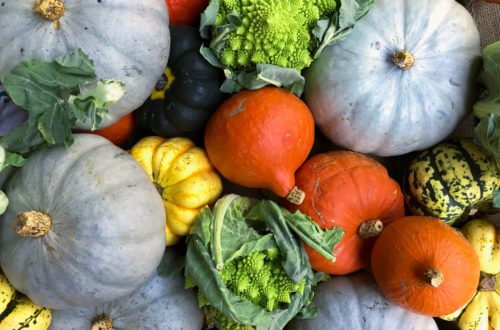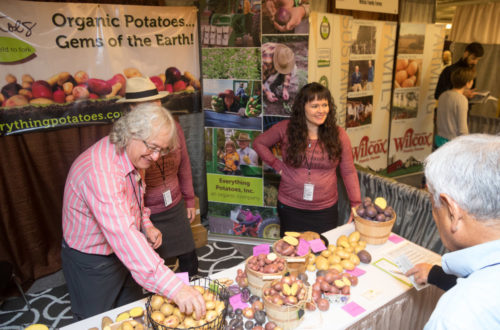When does the health of a society and a planet become more valuable than bargain food and deals at the grocery store and fast-food chains? When do we start paying the true price for the abundance of cheap food we are consuming? When do we admit that the rise in Type 2 diabetes, heart disease, and obesity isn’t an accident but a direct result of the type of food we are eating? And when do we decide to do something about this?
These questions have been on my mind for many years. As a musician who spends a lot of time on the road, my wallet is always pleased when I find “deals” at the closest grocery store or fast food joint. However, a few years ago I wondered what this cheap food might actually be costing me. My journey led me to research many different sources, including Michael Pollan’s The Omnivore’s Dilemma, Wenonah Hauter’s Foodopoly, and the documentary King Corn.” Slowly, my world and food view were transformed. My journey has taken me down many paths, all leading back to one answer: corn.
Now, I’m not necessarily talking about the vegetable that finds its way onto our dinner table as corn on the cob or sweet corn. I’m talking about the disturbing fact that of the 14.4 billion bushels produced in 2018, very little of it ended up on our plates as edible food. According to the National Corn Growers Association, over 33% was grown for livestock feed alone. Cows that are fed a heavy corn-based diet aren’t equipped to digest it, which leads to health problems like acidosis and the rise in new and more deadly strains of E. coli bacteria, as explored in the Mother Earth News article, “The Bio- Hazard of Corn Fed Beef.” Sick cattle are pumped full of antibiotics in order to survive long enough to be slaughtered and brought to a fast-food chain or grocery store thousands of miles away – where someone like me would find a “deal” on that sick and antibiotic-laced meat.
The rise of Type 2 diabetes and obesity in children followed the rise of corn being used as a cheap filler and sweetener in so many processed foods. Almost 5% of the corn grown in 2018 was for high fructose corn syrup and other sweeteners. While high fructose corn syrup is now the visible scapegoat in the corn problem, most people are unaware of the many other corn-based fillers being used as well. These hidden corn sweeteners in our foods, fill us up with empty calories, devoid of essential nutrients, and push more nutritious food sources out of our diet.
There are environmental impacts of growing a monoculture crop that strips the soil of its nutrients necessitating the need for industrial fertilizers and pesticides. These contaminate the air we breathe and the water we drink. If we add in the fact that 34% of corn grown is for ethanol, just to be burned and marketed as a more “environmentally friendly” fuel, releasing more greenhouse gas emissions into the atmosphere, we get a clear picture of this crop. It is taking over our entire food chain and directly contributing to an unhealthy imbalance in our bodies and environment.
To be sure, my concern with corn has nothing to do with the farmers who grow the crop. From what I have read, they are in a tough situation and are doing everything they can just to make ends meet. My bigger concern is how this one crop has been injected into our entire food system and how its detrimental effects are impacting our society and the planet.
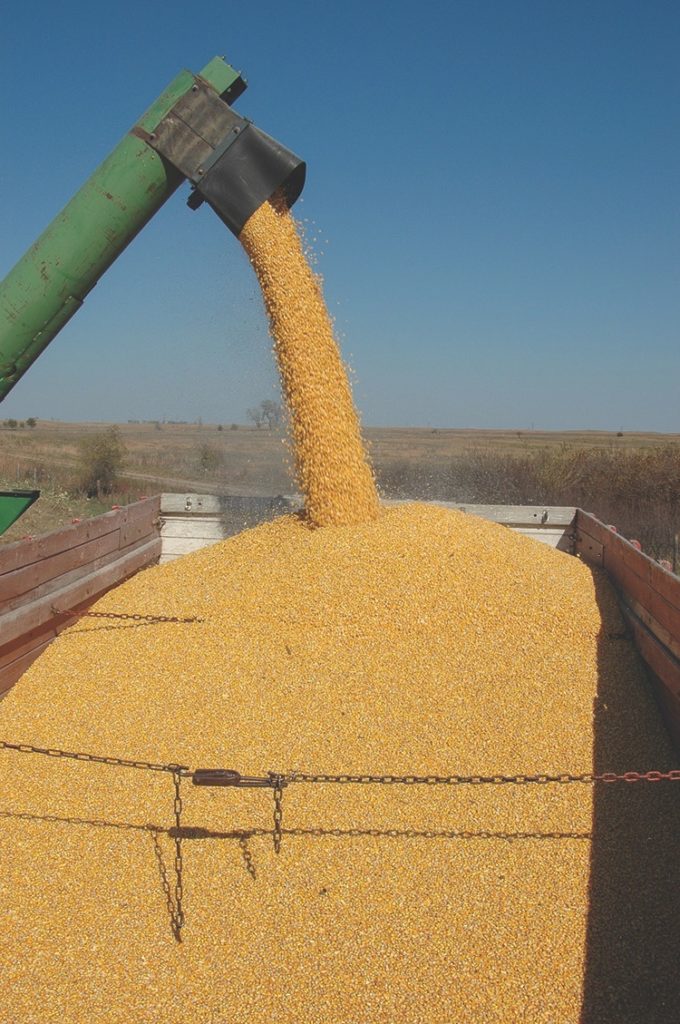
The more I learned about all of the corn and corn derivatives in our food supply, the more I felt perplexed, surprised, and ultimately, determined to
do something about it. As a musician, I realized that my strength lies in using art to help others travel the same path of discovery I had journeyed on. So, I created the Corn Man Project – a children’s action/adventure story and progressive rock concept album with the goal of bringing more awareness to this issue in order to change the system. The Corn Man Project aims to be a conversation starter for tackling the complex issues surrounding our food system.
Returning to the original question, when does the health of a society and the planet outweigh the so-called “savings” from the tempting cheap foods? I believe the answer is now. We are all responsible for our food system, with the power to change it for the better. That change starts with checking food labels more diligently and buying less food containing processed corn. It starts with growing some of our own food and keep- ing our food sources as local as possible. It starts with sparking conversations with our friends, family, neighbors, and co-workers about what’s in our food.
I encourage you to join me in the resolution of eating less processed corn. Together, we can make a monumental difference in the health of the planet and ourselves.
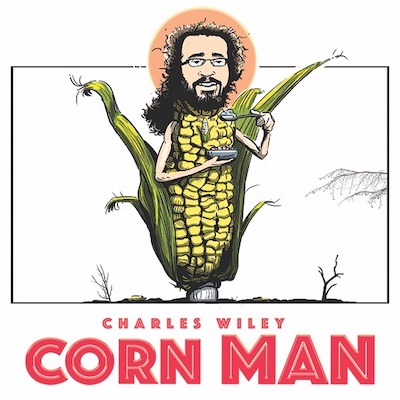
Charles Wiley is a musician and author who spends the bulk of his time writing and performing music. When not on the road he can be found at home hanging with his wife and cats.
For More Info: www.charleswiley.net/cornman

